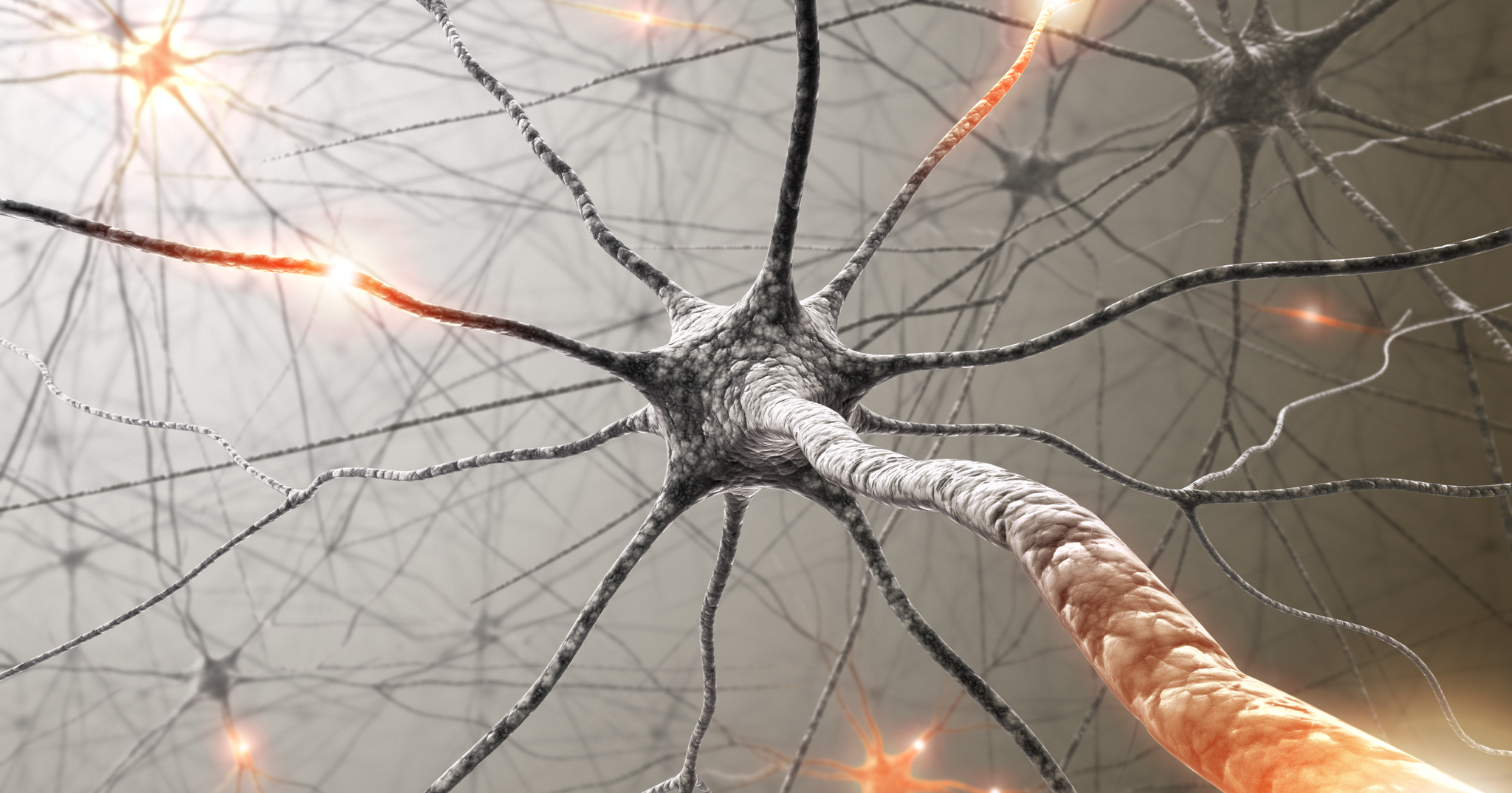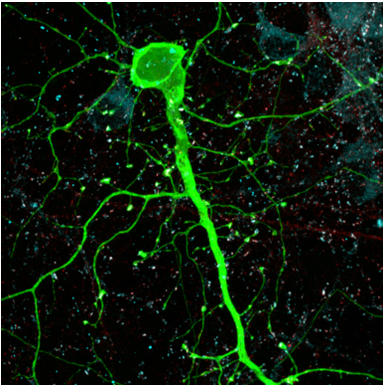Tag: Neurology and Neuroscience
-

Crystal Structures Reveal How Abnormal Protein Interactions Impair Synapse Function
Northwestern Medicine investigators applied discovery-based proteomics to identify synaptic protein interactions that possibly contribute to autism spectrum disorders.
-

Kalb Named Inaugural Les Turner ALS Research and Patient Center Director
Robert Kalb, MD, has been named to lead the Les Turner ALS Research and Patient Center at Northwestern Medicine, as the center’s inaugural director.
-

Scientists Discover Novel Mechanism Underlying ALS and Related Dementia
A study has identified a new mechanism for how a gene mutation leads to the death of neurons in amyotrophic lateral sclerosis and a related form of dementia.
-

Brain Rewiring in Parkinson’s Disease May Contribute to Abnormal Movement
A study published in Neuron suggests the brain’s own compensatory mechanisms contribute to the debilitating motor symptoms of Parkinson’s disease.
-

Trial Shows Drug Rapidly Reverses Blood Thinner’s Effects
The drug idarucizumab rapidly reversed the anticoagulant effects of the blood-thinner dabigatran in emergency situations, according to a recent phase III clinical trial.
-

Active Non-Coding DNA May Help Pinpoint Genetic Risk for Psychiatric Disorders
Northwestern Medicine scientists have demonstrated a new method that helps to pinpoint which genetic variants might be most important in the development of schizophrenia and related disorders.
-

Scientists Discover Neural Link Between Generosity and Happiness
A new study published in Nature Communications finds that practicing generosity activates an area of the brain associated with reward and happiness.
-

Investigating the Role Visual Perception Plays in Autism Spectrum Disorder
Kritika Nayar, a fourth-year student in the Clinical Psychology PhD Program, studies visual perception and its role in autism spectrum disorder in the laboratory of Molly Losh, PhD, associate professor of Psychiatry and Behavioral Sciences.
-

Reversing Fetal Alcohol Damage After Birth
Two commonly used drugs erased the learning and memory deficits caused by fetal alcohol exposure when the drugs were given after birth, according to a new study.
-

PhD Student Explores Enzyme’s Role in Aggressive Brain Tumor
Northwestern Medicine scientists have demonstrated that an enzyme called IDH1 plays a significant role in cancer progression and may be a target for novel drug therapies.






